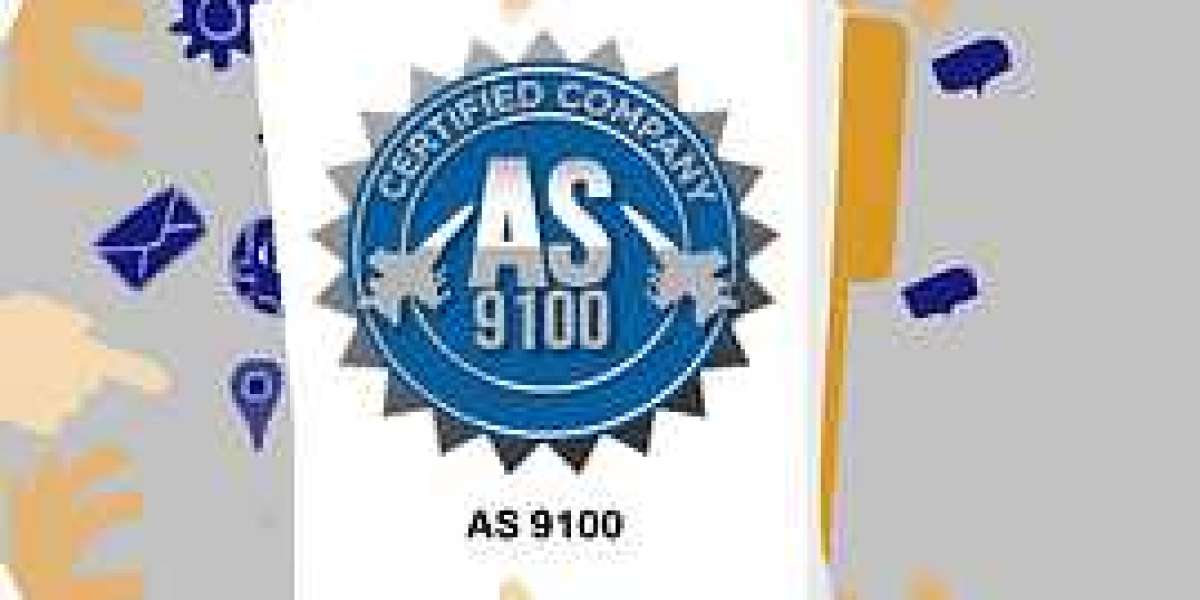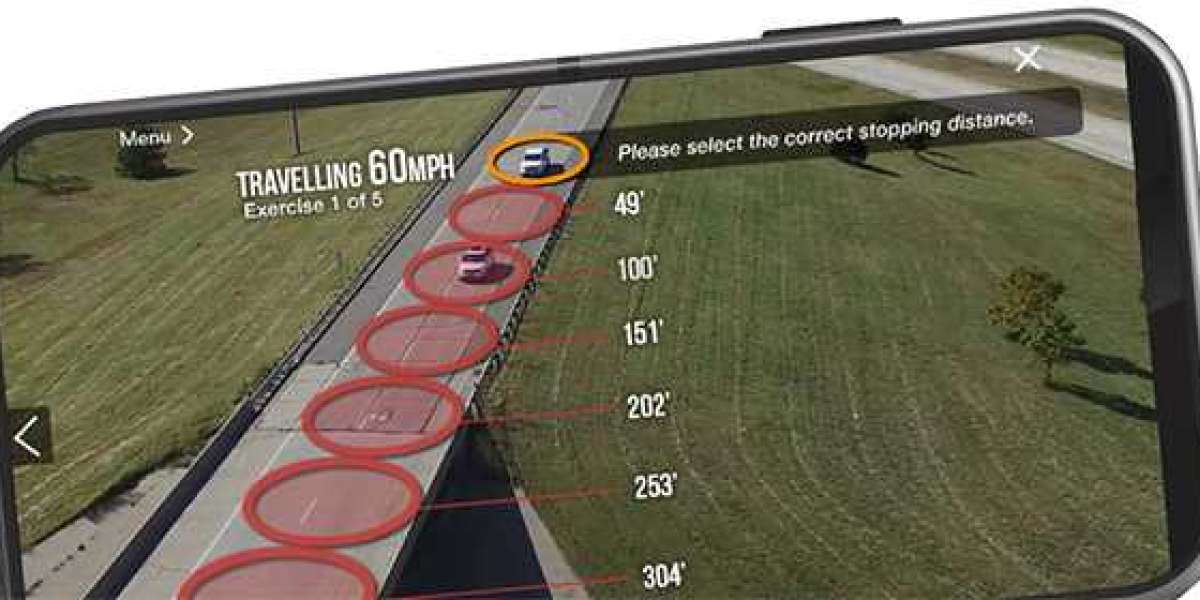Achieving AS9100 certification is a significant milestone for any organization in the aerospace industry, demonstrating a commitment to quality and continual improvement. However, the process entails various costs that organizations must consider. This article breaks down the primary expenses associated with obtaining AS9100 certification to provide a clearer understanding of the financial investment involved.
Initial Assessment and Gap Analysis
The first step towards AS9100 certification cost involves conducting a comprehensive gap analysis to identify areas that need improvement to meet the standard's requirements. Hiring an external consultant for this assessment can cost between $5,000 and $20,000, depending on the size and complexity of the organization. This initial investment helps organizations understand the scope of work required to achieve compliance.
Implementation Costs
Once the gap analysis is complete, organizations need to address the identified deficiencies. Implementation costs can vary widely, typically ranging from $10,000 to $50,000. These expenses include training employees, developing new procedures, updating documentation, and possibly investing in new software or systems to meet AS9100 standards. The exact cost depends on the current state of the organization's quality management system and the extent of changes needed.
Certification Body Fees
Selecting an accredited certification body to conduct the formal AS9100 audit is another significant cost. Certification bodies charge fees based on several factors, including the size of the organization, the complexity of operations, and the geographical location. Generally, certification audits can cost between $10,000 and $30,000. This fee covers the initial certification audit as well as surveillance audits typically conducted annually to ensure ongoing compliance.
Internal Resource Allocation
Beyond direct financial expenses, organizations must also consider the cost of internal resources allocated to the certification process. This includes dedicating staff time to attend training sessions, participate in audits, and implement required changes. The opportunity cost of diverting employees from their regular duties can be substantial, particularly for smaller organizations with limited personnel.
Maintenance and Recertification
AS9100 certification is not a one-time expense; maintaining certification requires ongoing investment. Surveillance audits are conducted annually, costing around $5,000 to $15,000 per audit. Additionally, recertification is required every three years, involving a comprehensive audit similar to the initial certification process. Organizations must budget for these recurring costs to ensure continuous compliance and improvement.
Conclusion
The cost of AS9100 certification can vary significantly based on several factors, including organizational size, complexity, and existing quality management systems. While the financial investment can be substantial, achieving AS9100 certification can yield significant benefits, such as improved operational efficiency, enhanced customer satisfaction, and increased market opportunities. Organizations should carefully assess and budget for these costs, considering them an investment in their future success and competitiveness in the aerospace industry.








